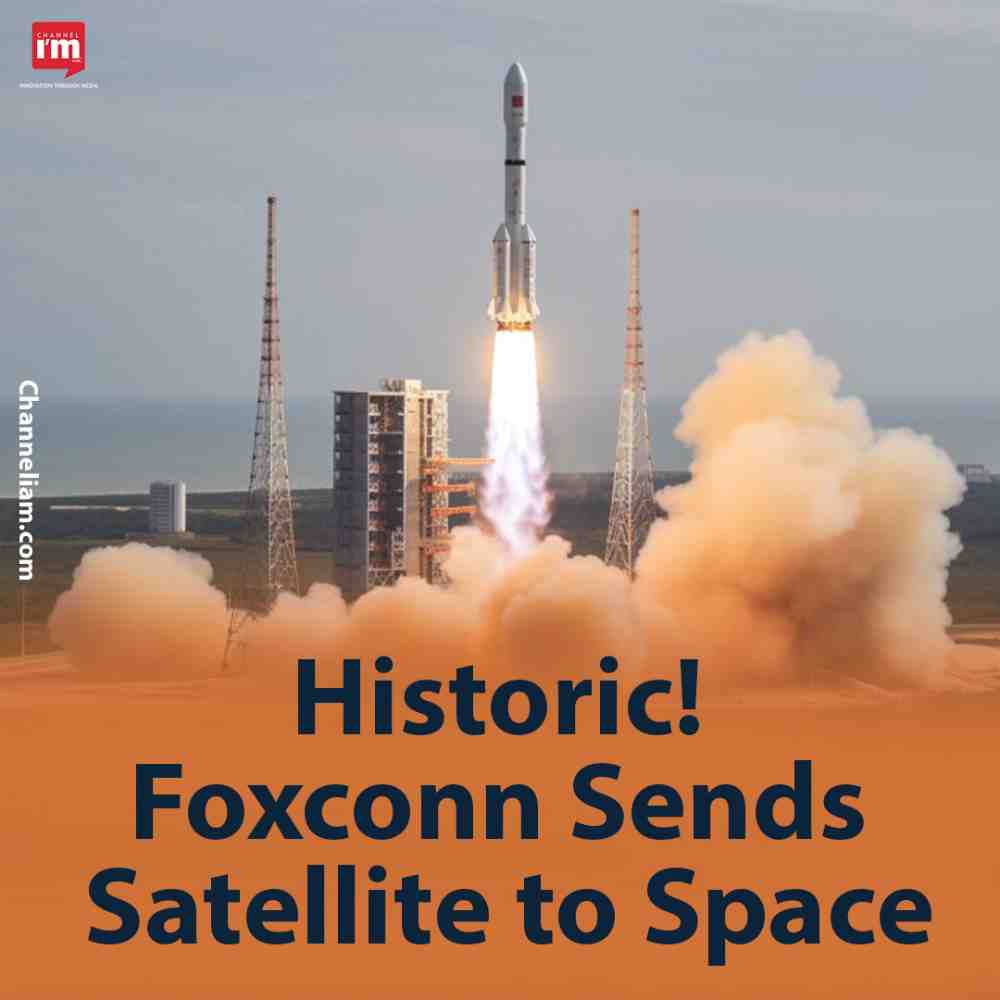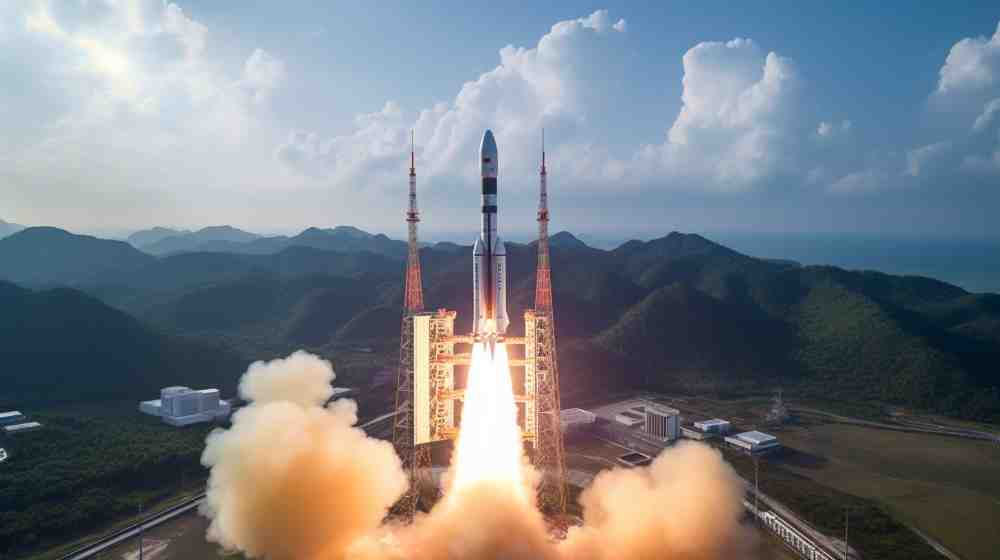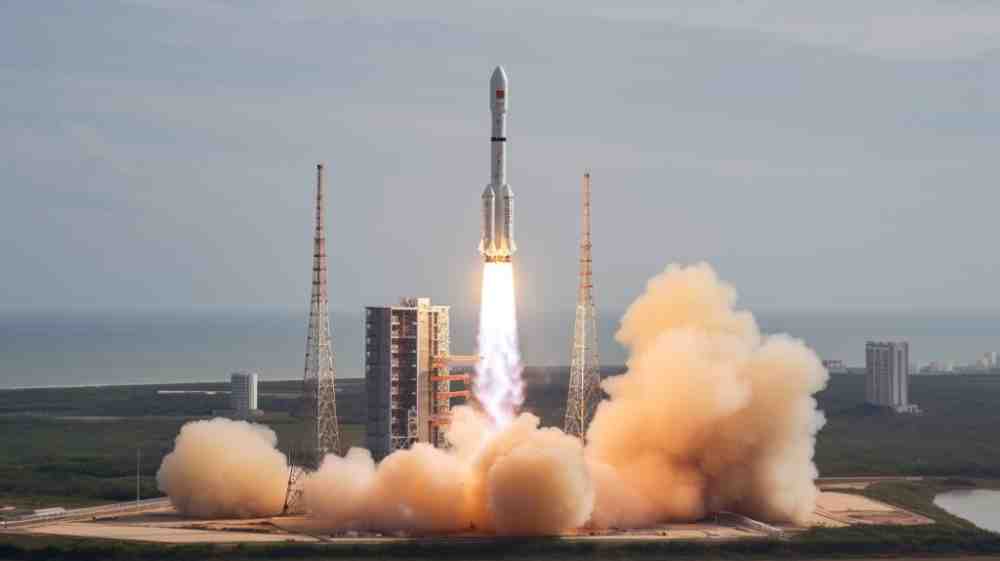Foxconn has launched two prototype low-Earth orbit (LEO) satellites in a bold move to diversify its business portfolio. The historic lift off occurred aboard a SpaceX rocket from Vandenberg Space Force Base in southern California this Saturday.

The backpack-sized satellites, weighing approximately 9 kilograms each, were co-developed in collaboration with Taiwan’s National Central University. Outfitted with advanced cameras, communication devices, and other equipment, they are designed to orbit Earth every 96 minutes at an altitude of 520 kilometers. According to a Bloomberg report, unlike Elon Musk’s SpaceX, which has focused on its Starlink constellation, Foxconn is positioning itself to be a key player in the corporate and government satellite market.

Foxconn is aiming to exhibit that it has satellite technology to tap growing demand for communications from space. Foxconn is betting it will be able to make satellites primarily for corporate and government clients.
Since taking over from founder Terry Gou in 2019, Foxconn Chairman Young Liu has looked for ways to diversify — focusing on electric vehicles, digital health and robotics, as well as technologies for artificial intelligence, semiconductors and communications satellites.
Revenue at Foxconn, the world’s third-largest private employer after Walmart Inc. and Amazon.com Inc, is expected to drop about 6% this year to NT$6.2 trillion ($192 billion), according to estimates compiled by Bloomberg News.

Reportedly, Taiwan is planning to launch its first LEO communication satellite, part of a strategy to develop space-based alternatives to the undersea cables that provide most of the island’s internet connections.
“Taiwan is very good at making all different kinds of commercial products in electronics,” said Shiang-yu Wang, a research fellow at the Academia Sinica’s Institute of Astronomy & Astrophysics in Taipei. “These companies can easily switch” to space.
